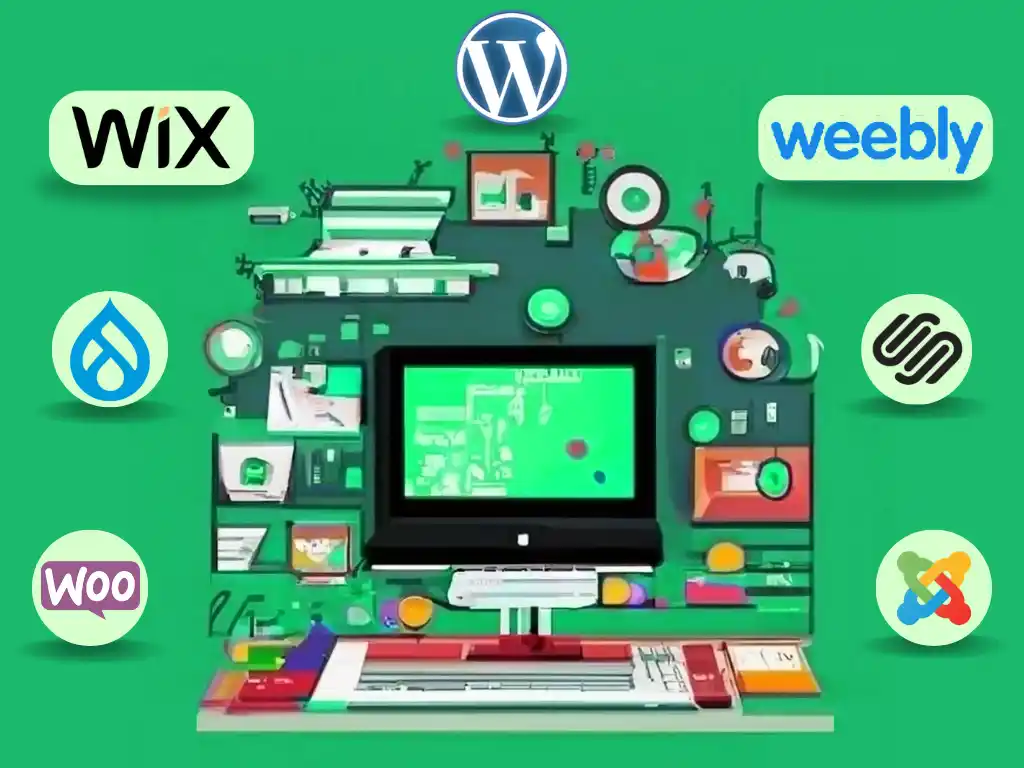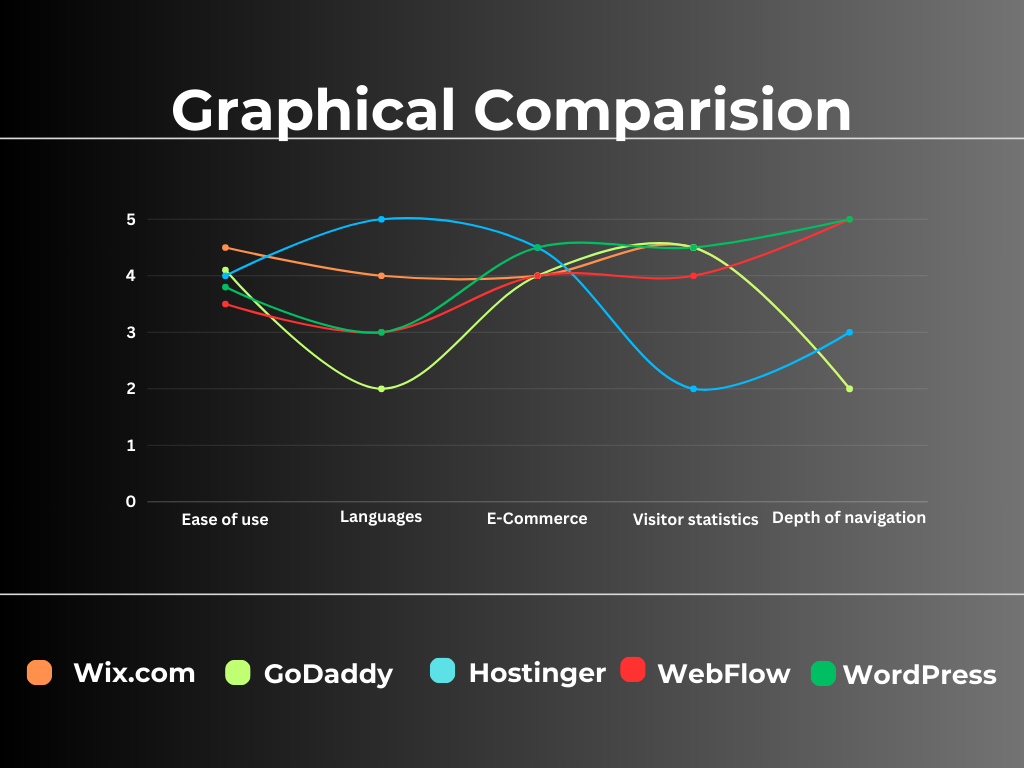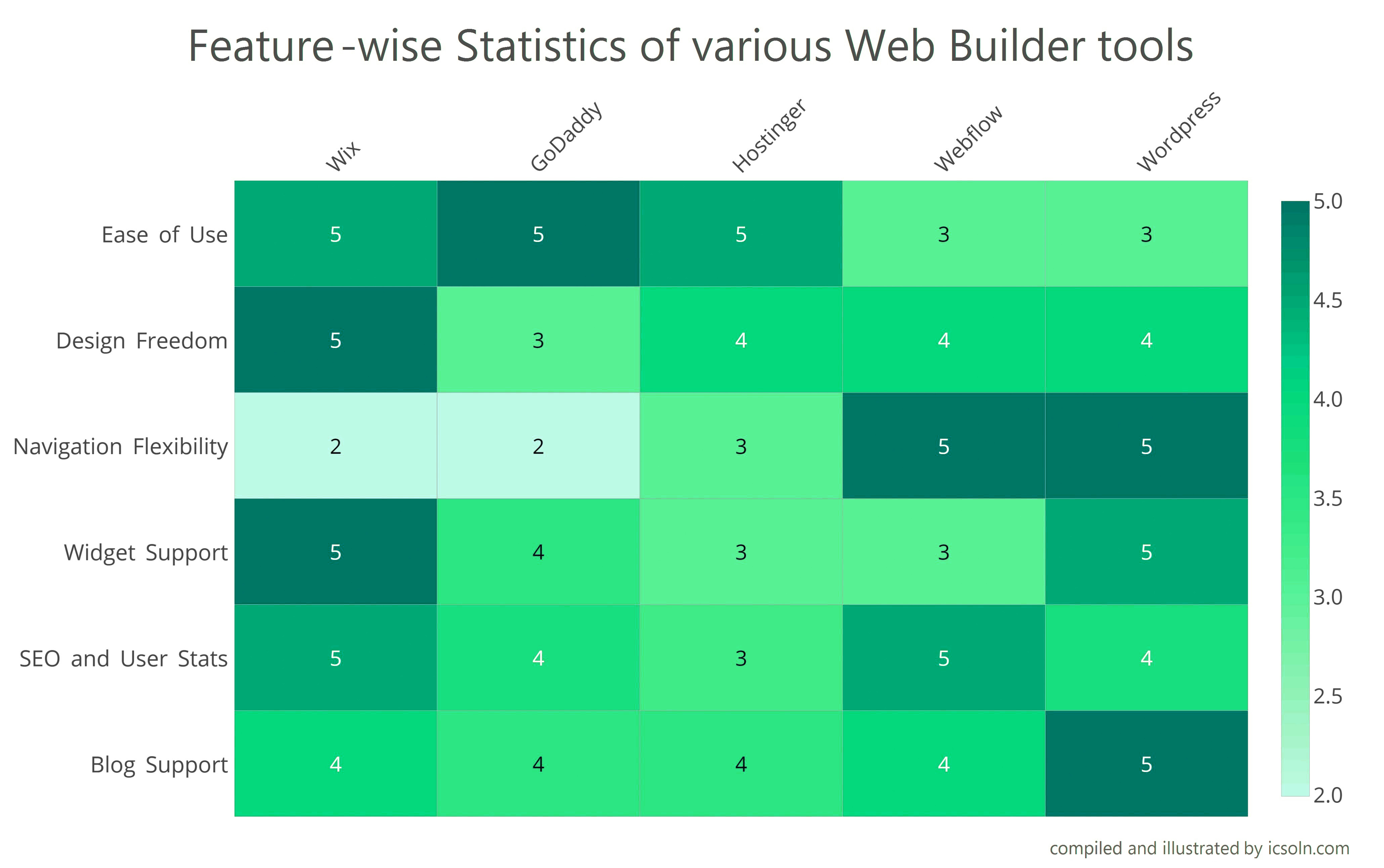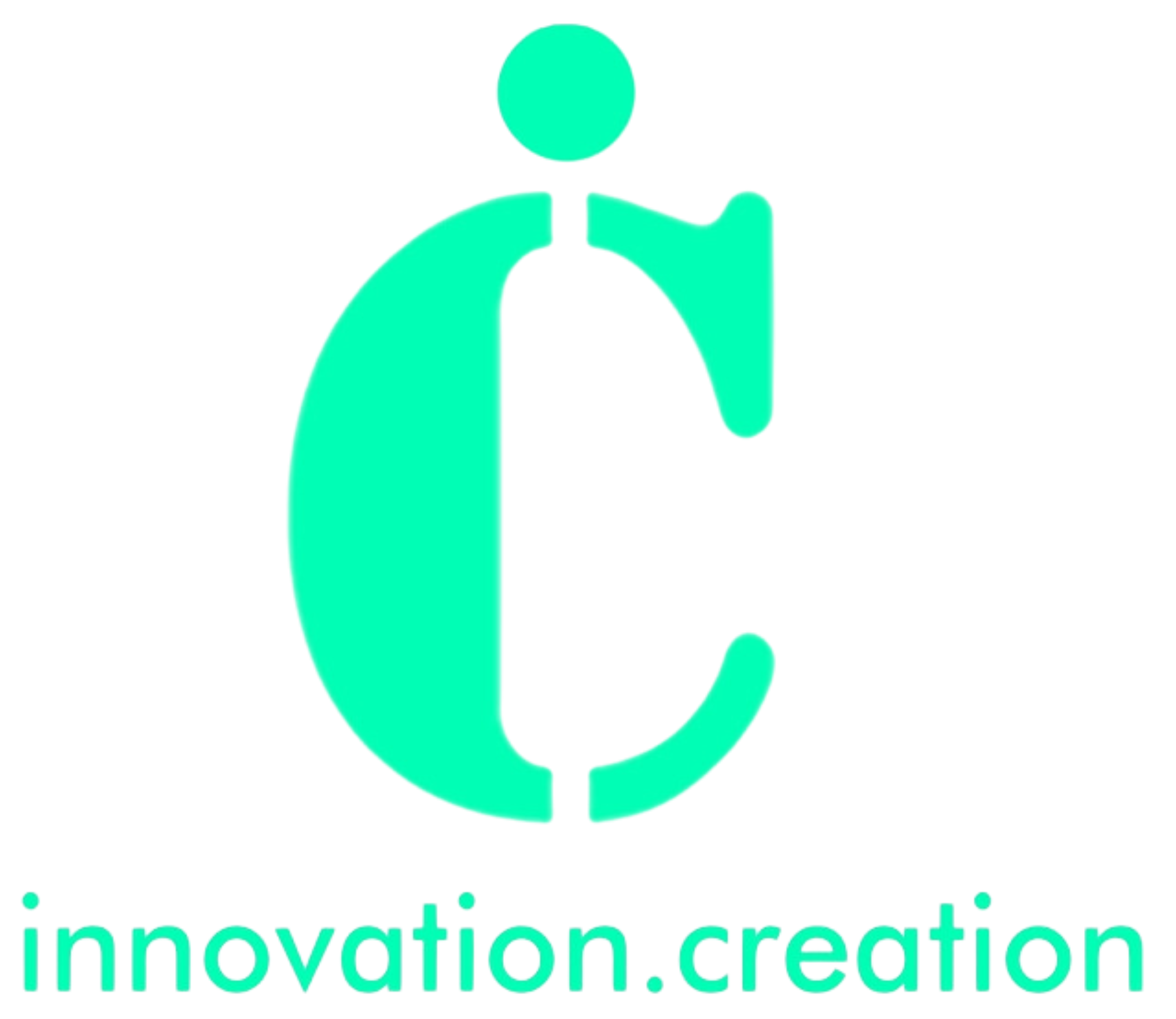
Introduction
In today’s digital age, having a website is no longer a luxury, but a necessity. Whether you’re a small business owner, a blogger, or simply want to showcase your work online, choosing the right platform to build your website is crucial. However, with a plethora of options available, it can be overwhelming to navigate the different features and functionalities. This is where understanding your priorities becomes key.
The Three Pillars: Speed, Simplicity, and Freedom
Choosing the perfect e-commerce platform involves navigating a delicate dance between three key priorities: speed, simplicity, and freedom. Let’s delve into each and explore the potential trade-offs:
-
Speed: As technology continues to revolutionize our lives, website loading times are crucial. Every second of delay translates to lost conversions and frustrated customers. A speedy platform not only enhances user experience but also plays a significant role in search engine optimization (SEO). Faster loading times improve your website’s ranking in search results, driving more organic traffic.
-
Simplicity: For non-technical users, ease of use is paramount. Intuitive interfaces, drag-and-drop functionality, and minimal technical knowledge requirements are essential for smooth platform navigation and efficient store management. This allows entrepreneurs to focus on what matters most - their products and customers - without getting bogged down by technical complexities.
-
Freedom: Customization options, design flexibility, and control over functionalities empower businesses to craft unique brand experiences and cater to specific needs. This includes tailoring product pages, integrating marketing tools, and customizing checkout processes. However, extensive freedom can come at the cost of increased complexity and potentially require additional technical expertise.
The Trade-off Matrix
Finding the perfect balance between these priorities can be challenging. Here’s how they might play out in an e-commerce context:
- Speed vs. Simplicity: Pre-built templates on hosted platforms offer lightning-fast speed but often limit customization options. Conversely, self-hosted platforms offer greater control but may require technical expertise and potentially impact loading times.
- Simplicity vs. Freedom: Highly user-friendly platforms might restrict advanced functionalities, while feature-rich platforms might have a steeper learning curve.
- Speed vs. Freedom: Extensive customization options can add code and bloat to your website, impacting speed. Finding the right balance between desired features and maintaining optimal performance is crucial.
Platform Options: Choosing the Right Fit
Building a website requires selecting the right platform, the foundation upon which your online presence rests. Here’s a breakdown of the three main categories, each catering to different needs and priorities:
-
Website Builders:
Strengths: Simplicity and ease of use. Platforms like Wix, Squarespace, and Weebly offer drag-and-drop interfaces and pre-designed templates, making them ideal for beginners with no coding knowledge. They often handle hosting and maintenance, reducing technical burdens.
Weaknesses: Limited customization and scalability. While offering user-friendliness, website builders can restrict design flexibility and functionality compared to other options. As your website grows, you might encounter limitations in adapting to evolving needs.
-
Content Management Systems (CMS):
Strengths: Flexibility and control. Platforms like WordPress, Joomla, and Drupal provide greater freedom in design, functionality, and content management. They offer a vast array of plugins and themes, allowing for extensive customization and catering to specific needs.
Weaknesses: Steeper learning curve and potential technical requirements. Setting up and managing a CMS can be more complex, requiring some technical knowledge or dependence on developers. Additionally, regular maintenance and updates are crucial for security and functionality.
-
E-commerce Platforms:
Strengths: Streamlined online store creation and management. Platforms like Shopify and WooCommerce offer specialized features for building and managing online stores, including product listings, shopping carts, payment gateways, and inventory management.
Weaknesses: Limited scope beyond e-commerce functionalities. While excelling in online sales, these platforms might not be suitable for websites with broader purposes beyond selling products. They may also have higher costs compared to other options.

Heatmap depicting a similar trend while comapring the tools.

Making the Choice: Building Your Website
Choosing the right website platform is akin to building a house. You wouldn’t choose a foundation without considering the size, style, and functionality of your dream home, right? Website building follows the same principle. Before diving into flashy templates and intricate features, consider your specific needs and priorities.
Start by asking yourself:
- What are my website goals? Are you aiming for an online store, a professional portfolio, or a blog? Different platforms cater to different goals.
- What technical skills do I possess? Some platforms offer drag-and-drop simplicity, while others require coding knowledge. Choose a platform that aligns with your comfort level.
- What is my budget? Platform costs vary, ranging from free options with limited features to premium plans with extensive functionalities.
- Do I need scalability? If you anticipate significant growth, ensure your chosen platform can accommodate future expansion.
Here are some additional questions to ponder:
- Do I need integrations with third-party services? If you plan to connect your website with email marketing tools or payment gateways, ensure compatibility with your chosen platform.
- How important is design flexibility? Do you require complete control over website aesthetics, or are pre-designed templates sufficient?
- What level of customer support do I need? Consider the availability and quality of support offered by the platform.
Further Research and Platform Comparisons:
Once you have a clearer understanding of your needs, delve deeper into research. Explore popular website-building platforms like Wix, Squarespace, WordPress, and Shopify. Each platform offers unique features, pricing structures, and learning curves. Utilize comparison websites and online reviews to gain insights from other users.
Remember, the ideal platform is not a one-size-fits-all solution. By prioritizing your needs and conducting thorough research, you can make an informed decision that empowers you to build a website that reflects your vision and supports your goals.
Don’t let platform confusion stall your online journey!
Understanding your priorities - speed, simplicity, or freedom - is key to finding the perfect fit. Whether you’re a tech whiz or a complete beginner, there’s a platform out there waiting to bring your vision to life.
Need expert guidance? ICSolutions, a leading website development agency, can help you navigate the options and build a website that exceeds expectations. Contact us today and get started on your online success story!
P.S. Check out our portfolio for some serious website inspiration!


Share Your Thoughts
Comments on “Speed, Simplicity, or Freedom? Find the Website Platform That Fits Your Needs”
This is a really comprehensive breakdown of the factors to consider when choosing a website platform! It's so true that finding the right balance between speed, simplicity, and freedom is crucial, especially for those of us who aren't tech-savvy. I appreciate how you've outlined the strengths and weaknesses of each type of platform—it makes it much easier to see which one might be the best fit for different needs. And offering questions to consider before making a decision is super helpful too. Overall, great job breaking down such a complex topic into digestible chunks!